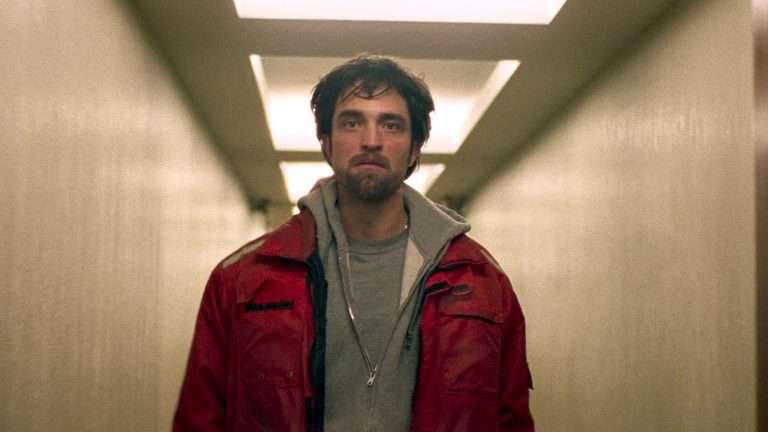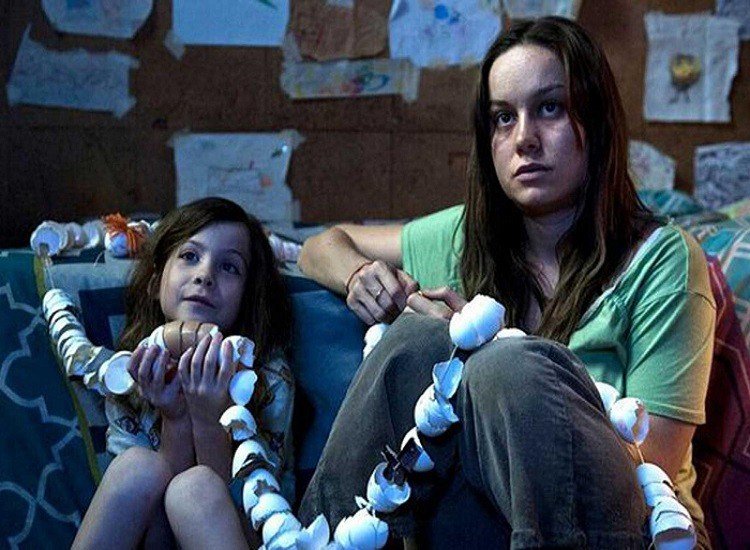“The Boys” showrunner Eric Kripke understands what it means to craft a comic-book-based series that constantly has its finger on the pulse. The highs of the first three seasons of the Prime Video hit underline this sentiment, its scathing political commentary always managing to be timeless yet urgently relevant, while its balls-to-the-wall satire and dark, edgy humor never feel stale or uninspiring. Moreover, the stakes have been perenially high since the show’s inception: the shenanigans of the titular anti-supe (or, to be precise, anti-Vought) group have been embedded with meaningful personal motivations that coalesced with the genuine urge to sterilize the rot gripping such an ultraviolent, hyper-capitalistic world.
While the latest season submerges itself into the beating hearts of the titular Boys, exploring every beautiful and uncomfortable facet of what makes them tick, the show’s grip on its singular brand of brash humor and satire seems to be slipping. The fissures have started to form, introducing a sense of bland desensitization never felt before.
This does not mean that The Boys has lost the plot — if anything, this season leans heaviest on its storytelling merits and reserves the more diabolical moments as reminders of its idiosyncratic tone and thematic elements. Whether these insertions feel organic enough is a matter of subjective preference, but the struggle to make certain elements work is most intensely felt as the episodes hurtle toward their climactic finish. We pick up right where we left off: Billy Butcher (Karl Urban) looks worse for wear after his stint with the highly unstable Temp V, leading to a leadership change within the group, with Mother’s Milk (Laz Alonso) taking over. The immediate cause for concern is Homelander’s (Antony Starr) attempts to pass a bill that will incorporate supes into the military and directly involve in making major socio-political and administrative decisions, with Victoria Neuman (Claudia Doumit) campaigning for president.
Those acquainted with Garth Ennis’ comic books will immediately grasp the dire direction things are heading, but for those who haven’t, there’s no need for concern, as the events are spelled out in an on-the-nose, crystal clear fashion. The parallels to real-world electoral politics and fascistic scheming are nothing less than uncomfortable, but this very discomfort is what makes “The Boys” so compelling, as it is not afraid to hold up a mirror reflecting our painful, morbid realities. Some jokes and spoofs stick the landing despite feeling a bit dated, while others feel severely out of place, almost like a punchline that has lost its contextual relevance over time, where what was once considered humorous now feels corny or out-of-touch.
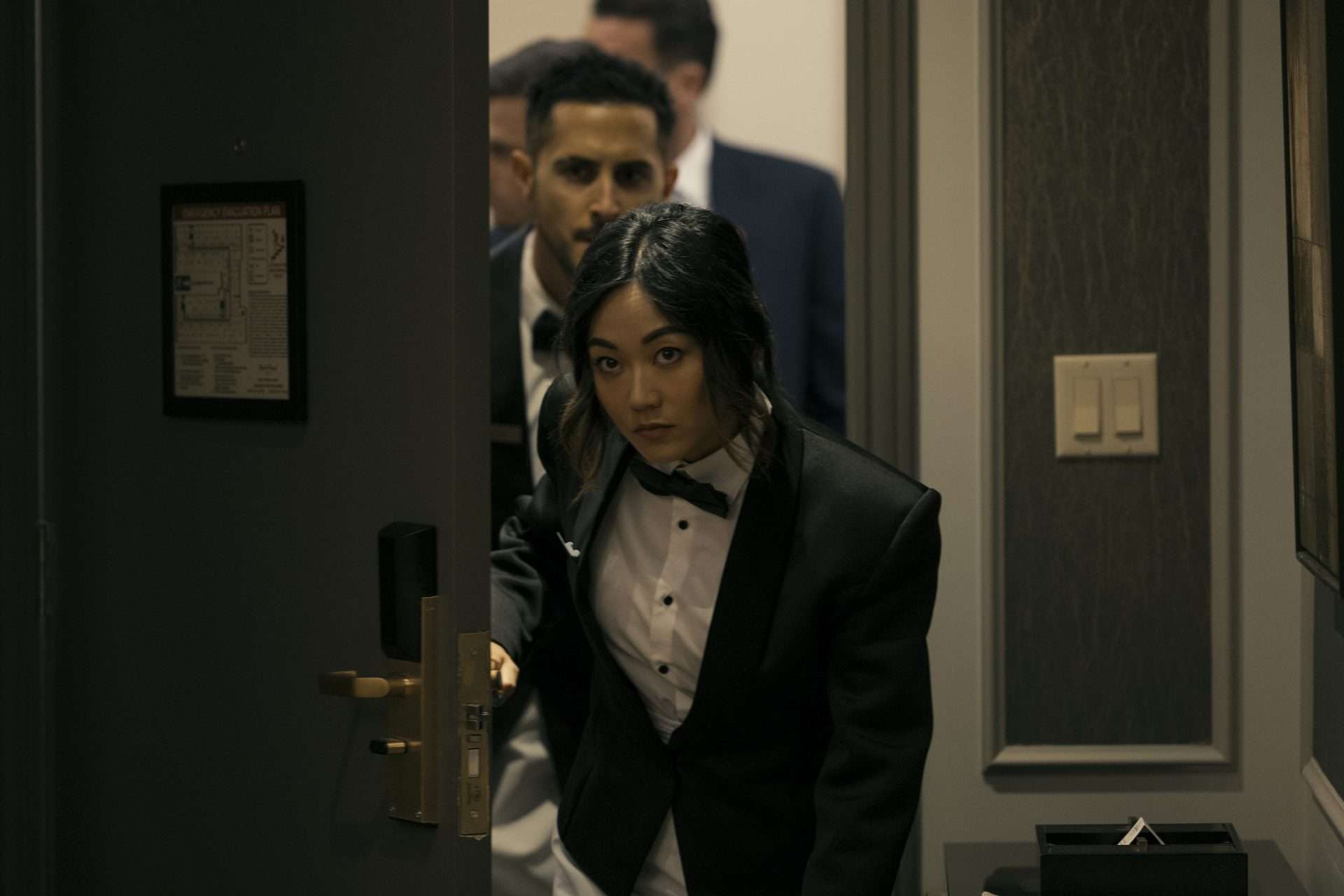
Homelander’s positioning concerning this season’s events will hopefully make it clear to certain viewers that he is, in fact, a villain and not some misguided, broken man who simply craves adoration and acceptance. Well, two things can be true at the same time. Although Homelander is a product of his upbringing — a stark reality that the show dives into in vivid, violent detail — and the stunted development of his empathy and self-perception have contributed to his increasingly volatile psychopathy, he has taken upon himself to exterminate anyone who doesn’t fit into his idea of a supes-first America. While he edges towards autocratic dictatorship, Homelander desperately attempts to re-assert control over people he thinks he loves and those who have wronged him — the results being catastrophic when the two overlap.
The rest of the Seven, including the loser-coded (derogatory) Deep (Chance Crawford), the newly replaced Black Noir (Nathan Mitchell), and an on-the-fence A-Train (Reggie Franklin), offer more of the same, except for the latter, who finally inches towards the elusive redemption arc that had been teased for quite some time. A-Train has always come off as deeply selfish and spineless, always putting himself first at the cost of his integrity, but the events of last season haunt him, propelling him to become a changed man. New faces in the Seven introduce a breath of fresh air: the blunt, conniving, “smartest person in the world” title holder Sister Sage (Susan Heyward) and the Q-Anon-adjacent conspiracy podcaster Firecracker (Valorie Curry) inject the right amount of personality into the Vought-sponsored supes to keep things interesting.
The events of the brilliantly gripping “Gen V” bleed into the show’s world, but that was an inevitability, especially with the creation of an airborne virus with the ability to completely wipe out supes. The contagion metaphor is not lost here — the word “pandemic” is also uttered by a character — and most of the later episodes deal with the tussle for ownership over such a cursed invention or a boon, depending on which character you talk to. Some characters from “Gen V” pop over, immediately aligning themselves with the fascistic forces, any trace of their complexities developed in their parent show gone, never to be glimpsed again.
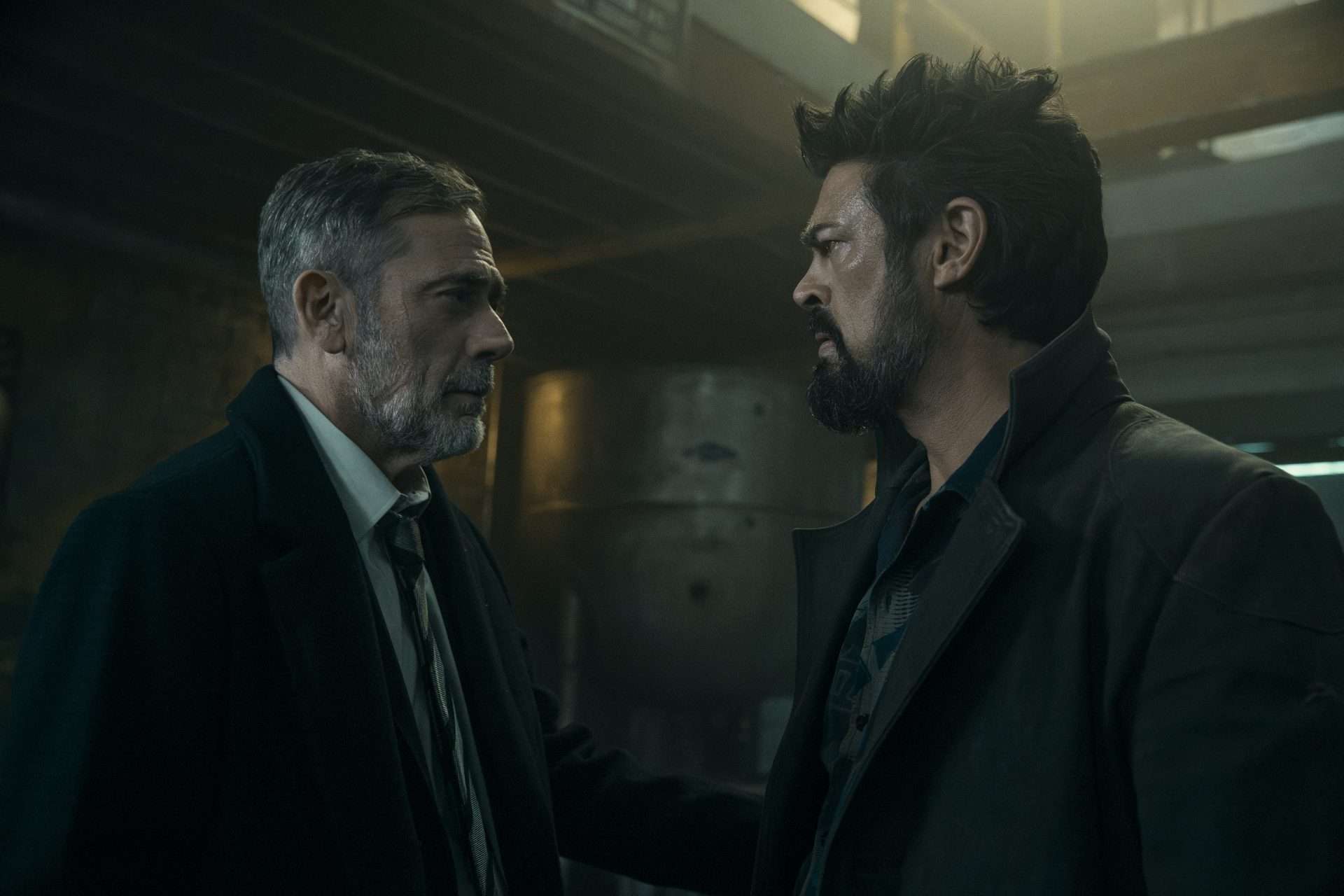
Now, what is Billy Butcher up to? It’s a whole lot of nothing and quite a hell of a lot at the same time, but that’s understandable. He’s dying, the parasitic tumor inside his head guiding him towards both unimaginable hell and hard-earned salvation, but he is decidedly gentler and more compassionate towards his friends, with his ultraviolet tendencies still intact. While Butcher continues to be a wild card, an unpredictable factor that can spell both miracle and disaster, his arc feels the most meaningful out of everyone else in “The Boys” as the layers pile on to paint the portrait of a man doomed to be remembered for his wayward violence.
As for the rest, this is where the newest season invites criticism: the intent to deepen our understanding of them, while sincere, feels misguided due to overindulgence in bleak melodrama. Starlight (Erin Moriarty) and Hughie (Jack Quiad) get the shortest end of the stick — frankly, it is a bit sickening to see these characters suffer without reprieve, meaning, or depth, where these depressive narrative vehicles fail to justify themselves time and again.
After a certain point, it feels needlessly cruel, especially the events of Episode 5, which weigh heavy even after the credits roll, like a dark cloud that will never dissipate and alter the paths of the characters forever. And it does, in rather unsavory ways, including that of Frenchie (Tomer Capone) and Kimiko (Karen Fukuhara), who feel chained by their respective dark pasts and are unable to breathe, suffocated by their sins. The audience experiences the same suffocation, where these exhausting trials invite a kind of darkness that not even the silliest, corniest in-show jokes can balance out.
“The Boys” has always rooted itself in cynicism tinted with the perfect amount of audacious levity, but with the latest season, even these rare moments of over-the-top brashness feel like they have lost their edge. Granted, things are downright diabolical in the bleakest sense of the term, but perhaps disjointed tonality and repeated missed marks have reduced Season 4 to a phantom of what it could have been. The only hope left for such a promising, devilishly engrossing premise is to end with a bang instead of a whimper.



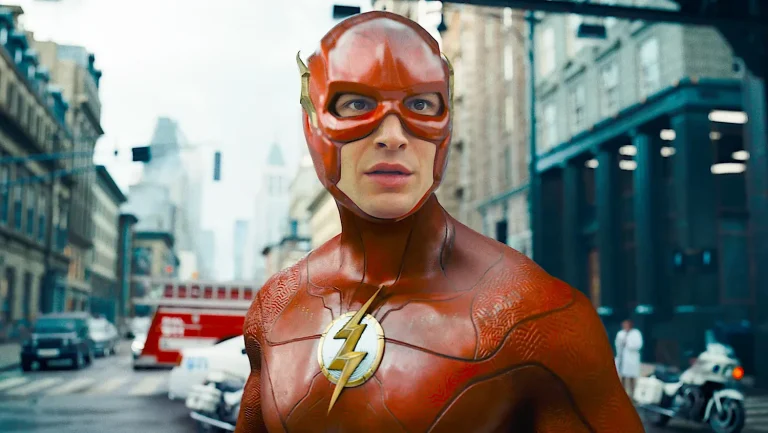
![Casino [1995] Review – A Crime Saga with Epic Scope and Memorable Characters](https://79468c92.delivery.rocketcdn.me/wp-content/uploads/2020/07/Casino-1995-768x432.jpg)

![Try Harder! [2021] Review: An Exploration of High School Overachievers, with College Rejections as the Villain](https://79468c92.delivery.rocketcdn.me/wp-content/uploads/2021/12/Try-Harder-768x384.jpg)
